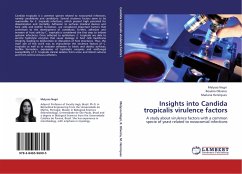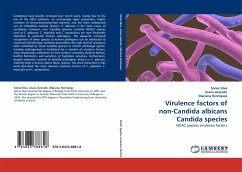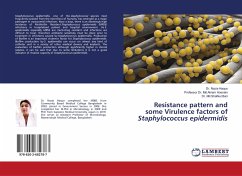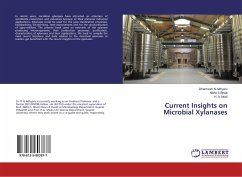Candida tropicalis is a common species related to nosocomial infections, namely candidemia and candiduria. Several virulence factors seem to be responsible for C. tropicalis infections, which present high potential for dissemination and mortality. Adhesion to surfaces (medical devices and host cells) and biofilm formation, are considered important factors that contribute to the development of candidosis. Further, adhesion and invasion of host cells by C. tropicalis is considered the first step to initiate systemic infections. Once adhered to epithelium, C. tropicalis are able to secrete hydrolytic enzymes that cause damage in host cells membrane integrity, leading to dysfunction or disruption of host structures. Thus, the main aim of this work was to characterize the virulence factors of C. tropicalis as well as to evaluate adhesion to biotic and abiotic surfaces, biofilm formation, expression of hydrolytic enzymes and antifungal susceptibility of C. tropicalis clinical isolates from urine and blood cultures and from central venous catheters.
Bitte wählen Sie Ihr Anliegen aus.
Rechnungen
Retourenschein anfordern
Bestellstatus
Storno








